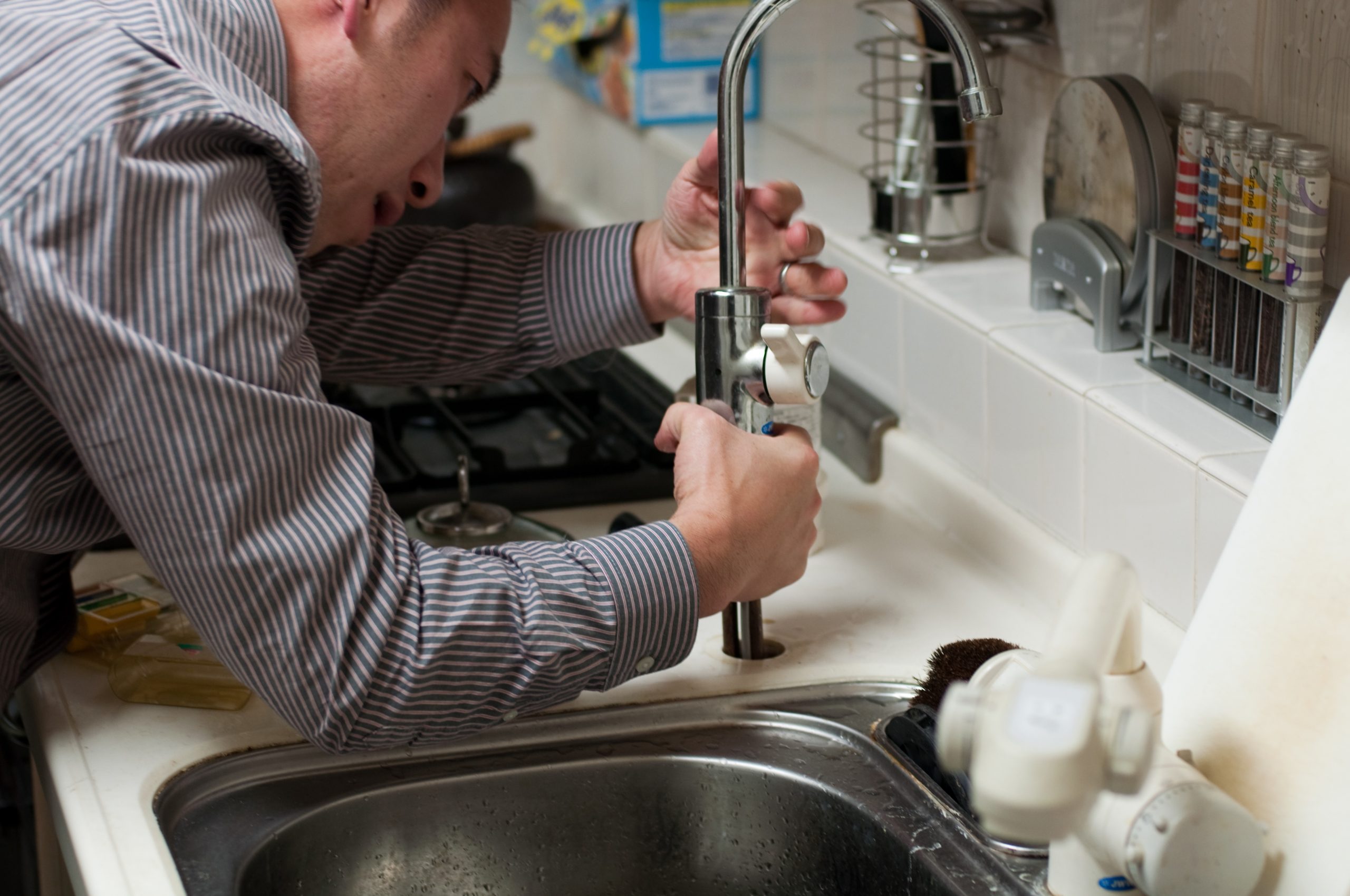Recommended Ways to Preserve Your Plumbing From Bursting in Cold Temperatures
Recommended Ways to Preserve Your Plumbing From Bursting in Cold Temperatures
Blog Article
Just how do you feel in relation to Prevent Freezing and Bursting Pipes?

All homeowners that reside in temperate climates need to do their finest to winterize their pipelines. It is something you should do throughout autumn before deep winter truly begins. Failing to do so can spell calamity like frozen, broken, or ruptured pipelines. Below are some helpful winterizing hacks to keep your plumbing system protected even if the climate exterior is frightful.
Attempt a Hair Dryer or Warm Weapon
When your pipelines are almost freezing, your reliable hair clothes dryer or heat gun is a blessing. If the hot towels do not help remove any type of working out ice in your pipelines, bowling hot air directly into them might aid. Do not utilize other things that create direct fires like a strike lantern. This can result in a bigger catastrophe that you can not regulate. You might end up harmful your pipelines while attempting to thaw the ice. And over time, you may even wind up shedding your house. So be cautious!
Open Up Cabinet Doors Hiding Plumbing
When it's cold outside, it would be helpful to open cupboard doors that are camouflaging your pipes. For example, they could be someplace in your cooking area or bathroom. This will allow the warm air from your heating unit to distribute there. As a result, you stop these subjected pipelines from freezing. Doing this little trick can keep your pipes warm as well as restrict the potentially hazardous end results of freezing temperatures.
Take Time to Cover Exposed Water Lines
One nifty as well as easy hack to warm up icy pipelines is to wrap them with warm towels. You can additionally utilize pre-soaked towels in hot water, simply do not neglect to use safety gloves to guard your hands from the warm.
Turn On the Faucets
When the temperature level drops as well as it seems as if the frigid temperature will certainly last, it will assist to turn on your water both indoors and also outdoors. This will keep the water streaming through your plumbing systems. You'll end up losing gallons of water this method.
When Pipes are Frozen, close Off Water
If you discover that your pipes are entirely frozen or virtually nearing that stage, transform off the main water valve promptly. You will generally find this in your cellar or laundry room near the heating unit or the front wall surface closest to the street. Turn it off as soon as possible to avoid further damage.
Don't fail to remember to shut external water resources, too, such as your hookup for the yard home. Doing this will certainly protect against additional water from filling out your plumbing system. With more water, even more ice will pile up, which will eventually lead to rupture pipelines. It is best to call a professional plumber for an assessment if you are unsure regarding the state of your pipes this winter. Taking this proactive strategy can conserve you hundreds of bucks in repairs.
All home owners that live in temperate climates must do their ideal to winterize their pipelines. Failing to do so can mean catastrophe like icy, cracked, or ruptured pipelines. If the warm towels do not assist displace any resolving ice in your pipes, bowling hot air straight into them might aid. Turn off the main water shutoff immediately if you notice that your pipes are completely icy or practically nearing that stage. With even more water, more ice will load up, which will ultimately lead to burst pipes.
PREVENT YOUR PIPES FROM FREEZING THIS WINTER
A Leading Cause of Property Damage
When the weather is taking a deep nose dive into the cold dreary days, the risk of your pipes freezing and potentially bursting skyrockets. Unfortunately, during these cold dreary months, burst pipes are the most common denominator for property damage. The pipes that are most at the risk are those that are in areas where it is most cold in your home. For instance, pipes located in interior places such as basements, attics, and your garage. Unfortunately, that doesn’t mean that the pipes running through your cabinets or exterior walls can’t freeze. Good news, however, is that you can do things to help prevent pipes from freezing.
How to Prevent Pipes From Freezing
Once the temperature starts to drop during the winter, you should be taking the proper measures needed to ensure that your pipes stay warm and that there is circulation of water through them. Some steps that experts may recommend could go against your better judgement when it comes to saving water and heat. However, it would go without saying that when expenses are compared, damaged pipes could put a bigger dent in your wallet than a water bill.
What Can I Do?
Keep your garage door closed. This is very important, especially if you have water supply lines running through your garage. Open your kitchen and bathroom cabinets to allow warm air to circulate through them. Allow air circulation throughout your home. Keeping the interior doors open will once again allow the warm air to circulate inside your home. Ensure your thermostat is running the same temperature throughout the night and day. If you plan to be away from home during the cold months, set your temperature no lower than 55° F. This should provide enough heat to keep the pipes warm and prevent any remaining water inside the pipes from freezing. For more of a long-term solution, add insulation to attics, basement, and other crawl spaces around your home. By allowing your faucet to drip, it will alleviate pressure in the system. This is important because the pressure that is created between the blockage and the faucet can potentially cause the pipes to burst. Allowing the faucet to drip will prevent the pressure from building up, therefore keeping the pipes from bursting. Seal any cracks, openings, and crawl spaces around your home to prevent cold air from coming inside. This keeps your pipes-not to mention your home-warmer and less susceptible to issues caused by freezing temperatures. For the pipes in your home that are easily accessible, applying electrical tape to them might prevent them from freezing over. This is a quick fix, as you can apply the tape directly to the pipe. There are two options for heating tapes. One turns on and off by itself when it senses heat is needed. The other type of heating tape needs to be applied when heat is needed and removed when not necessary. If you have exposed pipes in your home, you can check this website to take a look at a few options that would be available at a shop near you.

I am very serious about Prevent Freezing and Bursting Pipes and I really hope you enjoyed our blog posting. For those who enjoyed reading our article please do not forget to pass it around. Bless you for your time. Please come visit our blog back soon.
Dial for results! Report this page